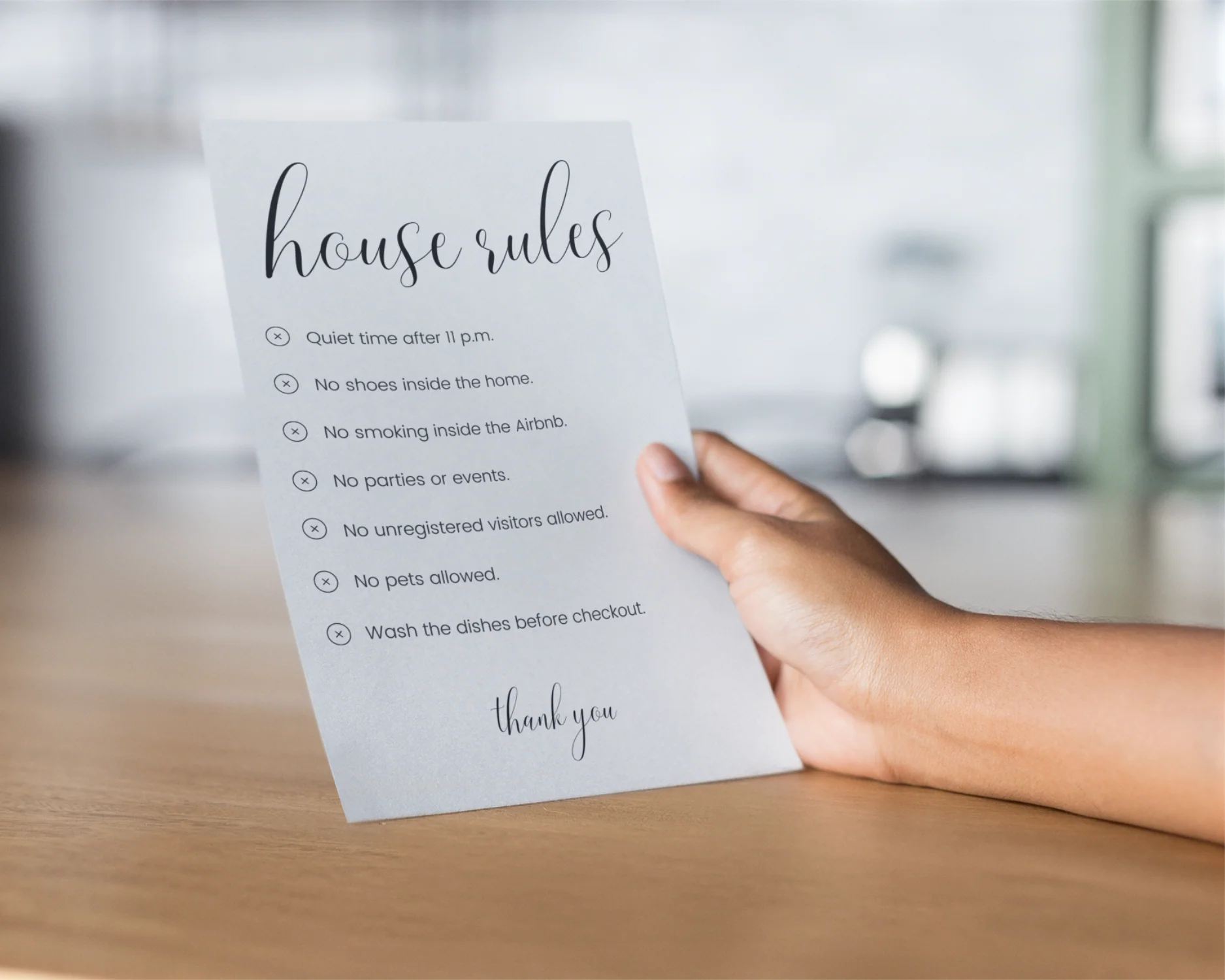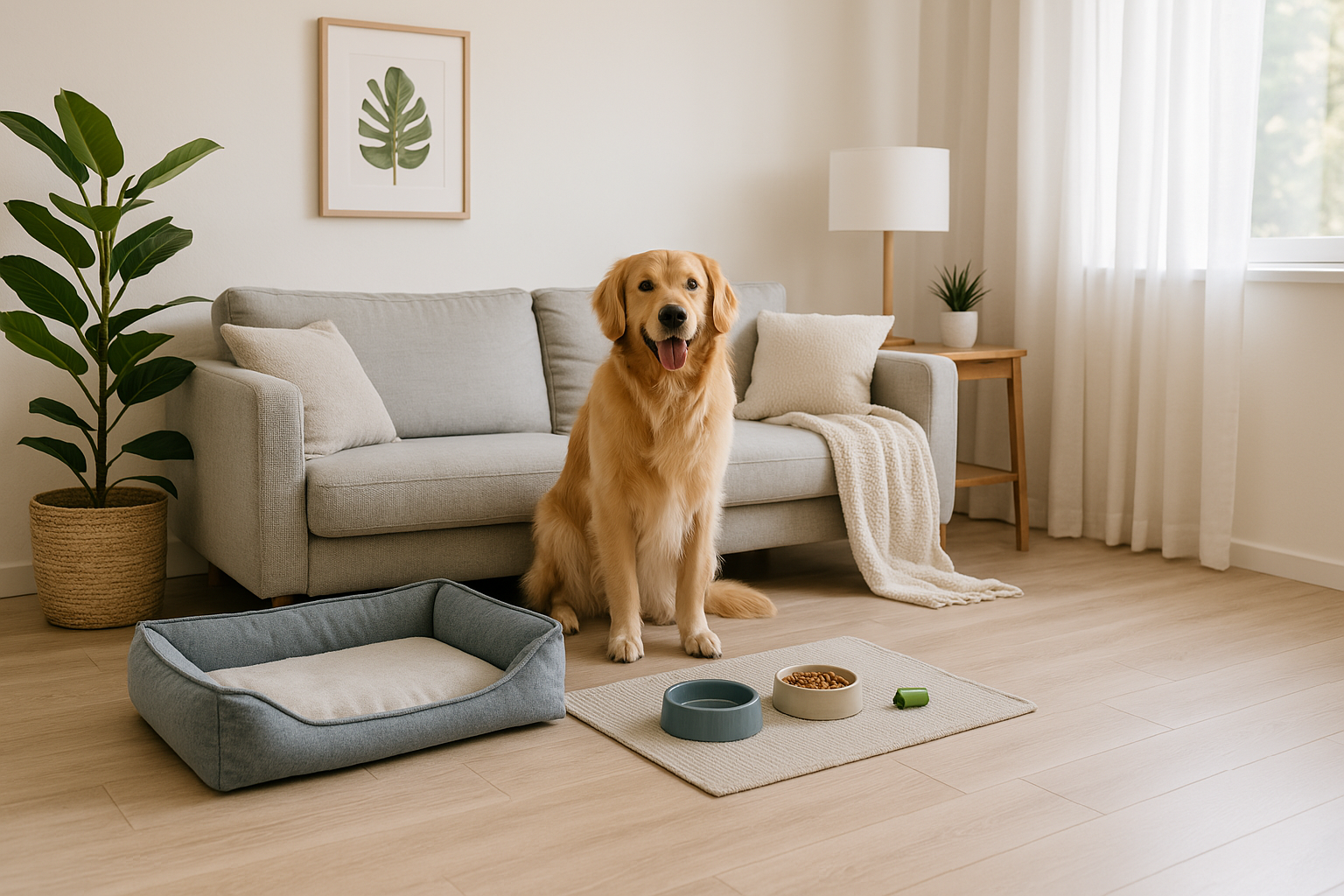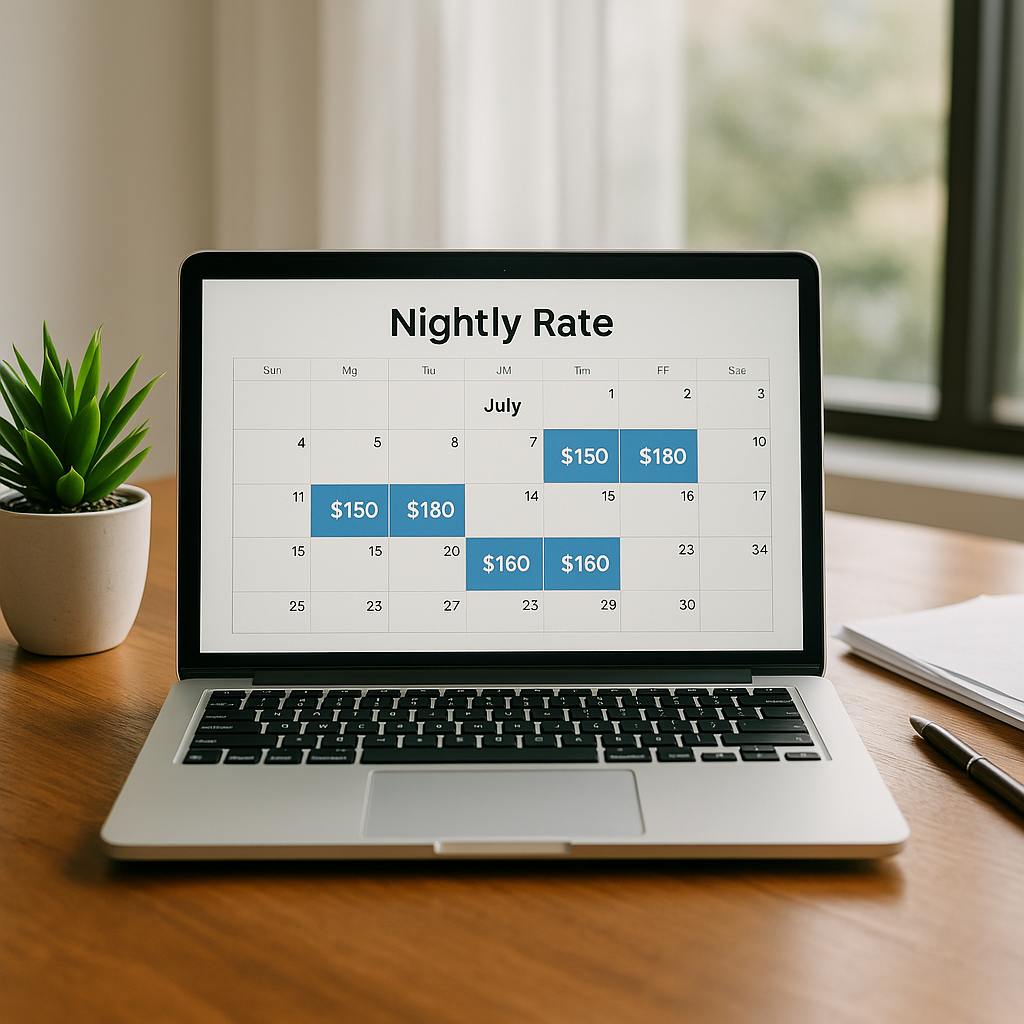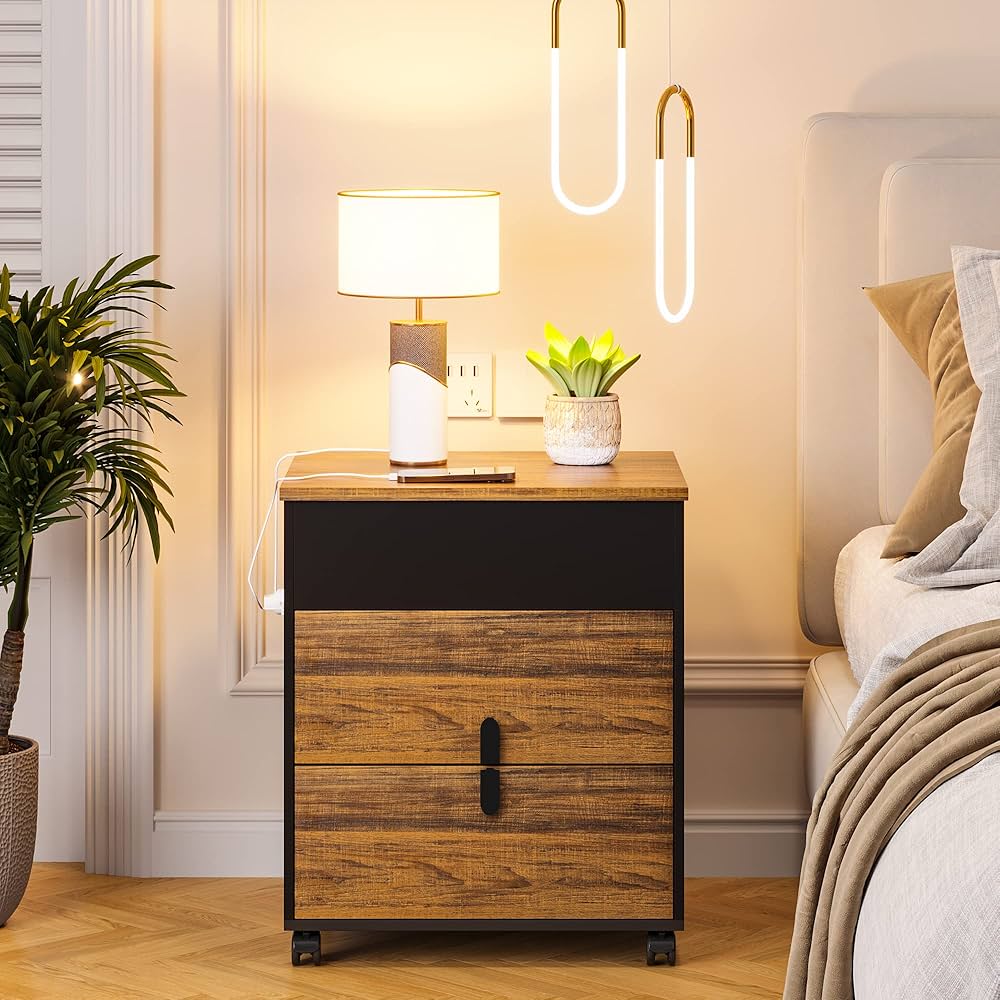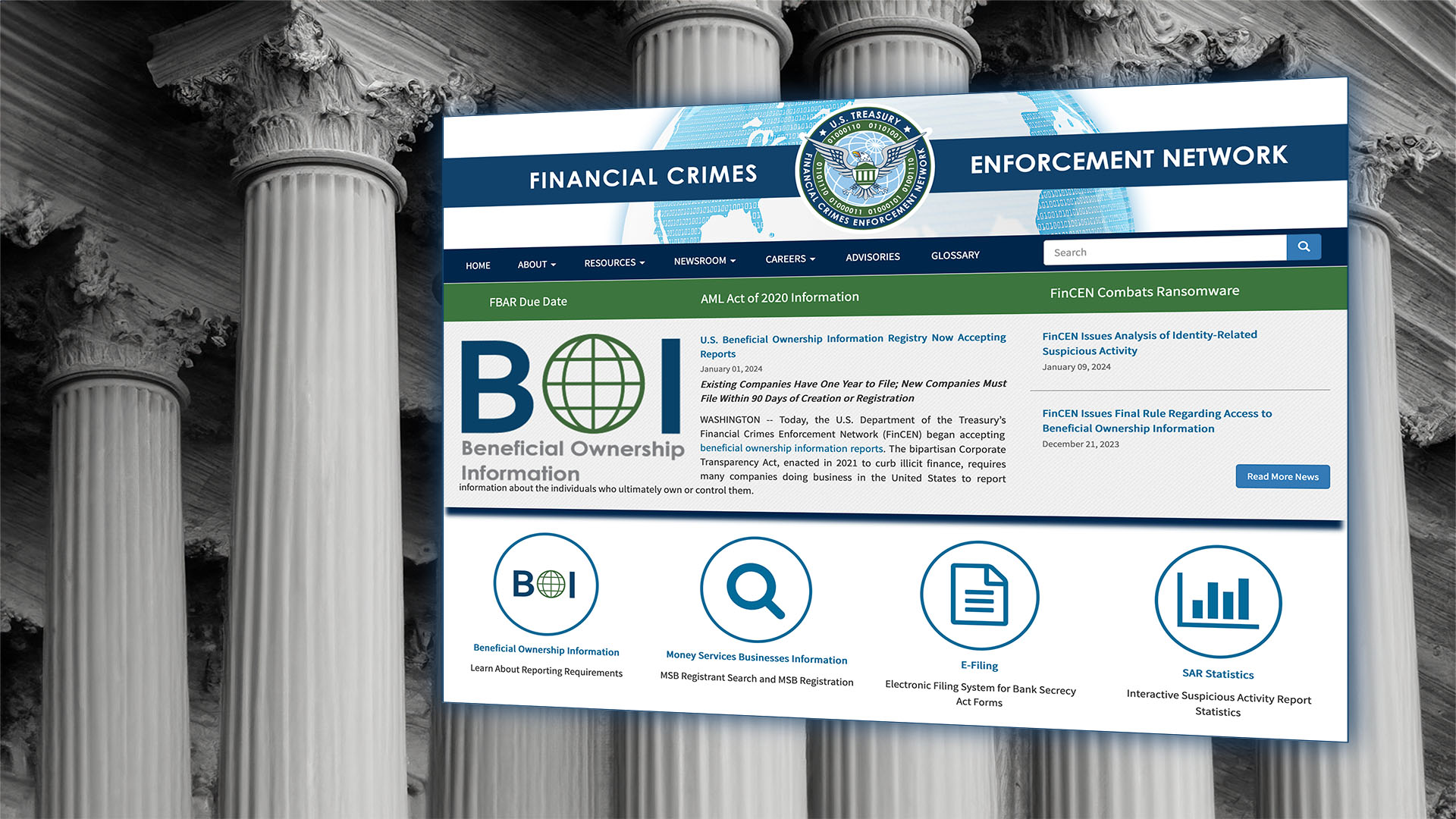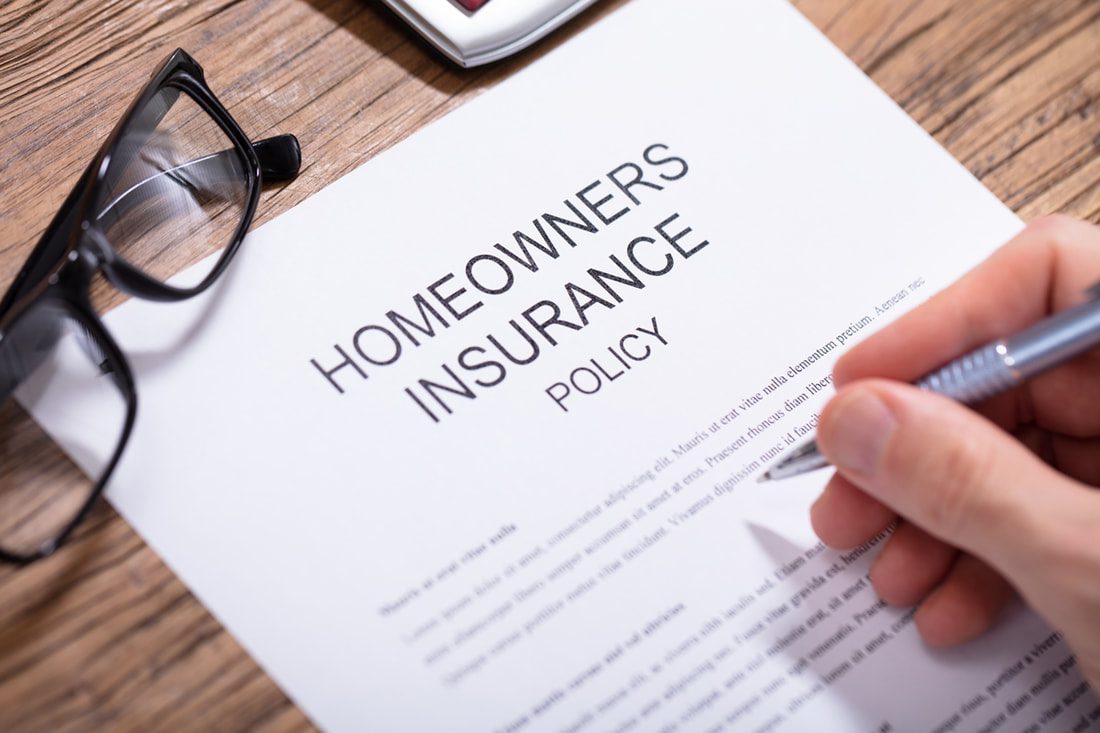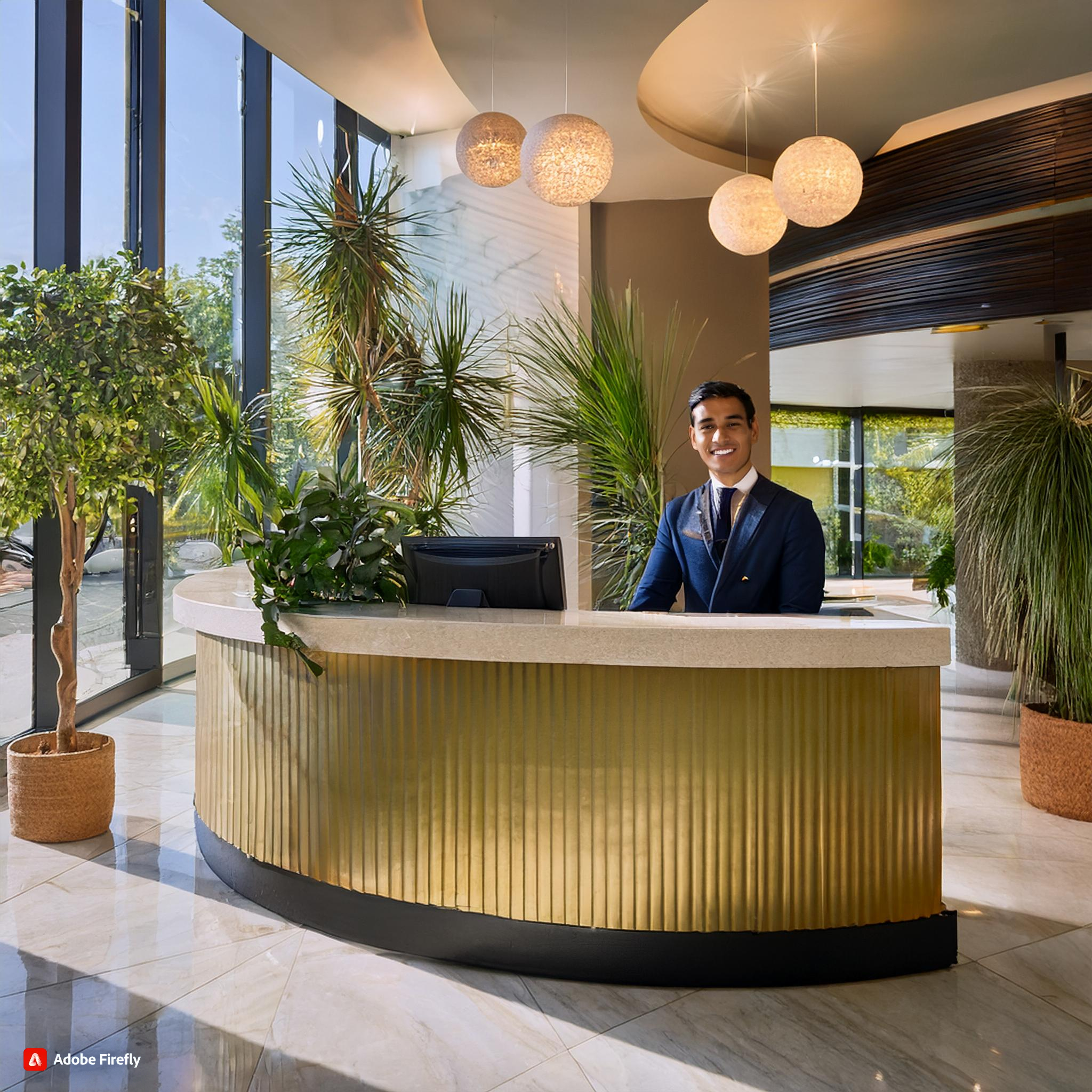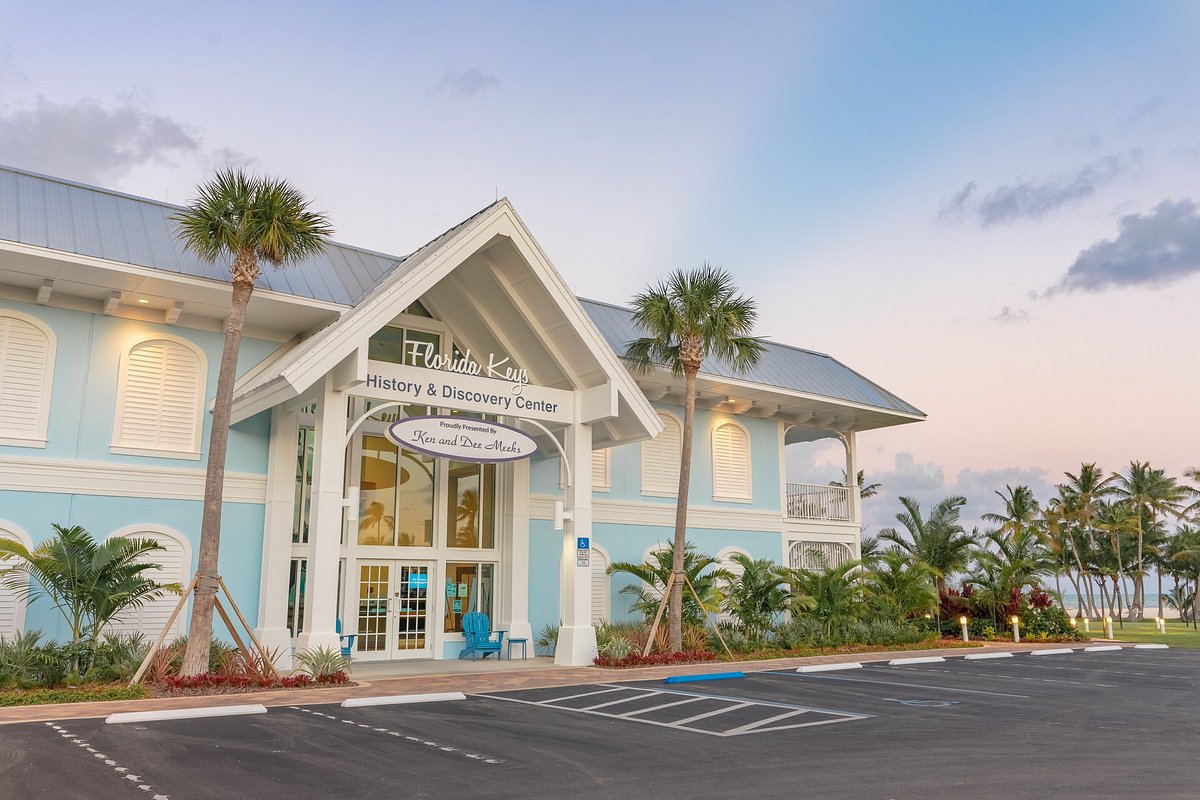Investing in rental properties within HOA (Homeowners’ Association) communities can provide consistent income and a stable tenant base. However, renting in these communities also introduces unique challenges, especially when managing guests. HOA regulations are often strict, and designed to maintain harmony among residents, but they can be at odds with the transient nature of short-term guests or vacation renters. Noise complaints, parking violations, and misuse of common areas are just a few of the issues that can lead to conflict with your HOA or neighboring homeowners. This guide will provide practical strategies for handling guest issues in HOA communities, allowing you to protect your rental investment while maintaining compliance with community rules.
Proactive Communication with Guests
Setting clear expectations before guests even arrive is one of the most effective ways to avoid problems down the road. Many guests, particularly short-term renters, may not be familiar with the rules of an HOA-governed community. As a property owner, it’s your responsibility to ensure that guests are informed about the regulations that apply to their stay.
Create a Comprehensive Welcome Packet: Your welcome packet should include all the relevant HOA rules, such as parking regulations, noise restrictions, and guidelines for the use of community amenities like pools, gyms, and clubhouses.
Highlight Key HOA Rules: Emphasize important details like quiet hours, parking policies, and the appropriate use of common areas. Include diagrams or maps to make parking instructions and amenity locations easy to understand.
Use Multiple Communication Channels: Consider sending a reminder email or text message a day before check-in, reiterating key rules and regulations. You can also provide laminated copies of the rules on-site, ensuring guests have no excuse for non-compliance.
Providing guests with all necessary information upfront helps prevent misunderstandings and ensures they respect the rules, minimizing the risk of complaints from other residents.
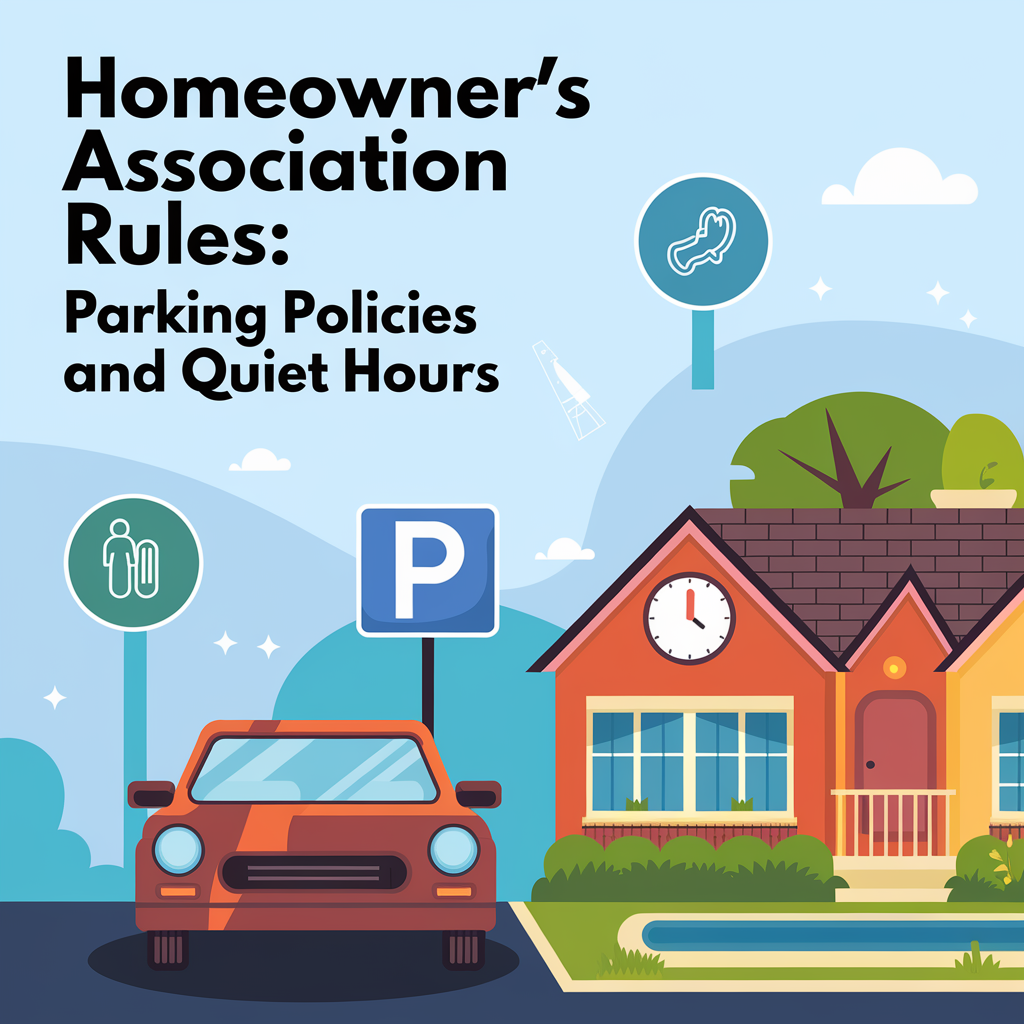
Screening Guests to Prevent Issues
Not all guests will naturally comply with HOA rules, especially if they are unfamiliar with living in such communities. To mitigate potential issues, property owners can carefully screen guests before confirming a booking. While the level of screening you can conduct may be dictated by local laws and HOA policies, there are a few best practices to follow:
Use Rental Platforms with Guest Ratings: Platforms like Airbnb and VRBO allow property owners to review potential renters based on past stays. Guests with consistently positive reviews are less likely to cause issues during their stay.
Request Additional Information (Where Allowed): Some HOA communities may permit or even require background checks for short-term tenants. If this is the case in your community, ensure you follow through to minimize the risk of hosting problem guests.
Rental Agreement Clauses: Consider adding clauses to your rental agreement that specifically mention adherence to HOA regulations, outlining potential consequences for violations. Having clear contractual language ensures guests understand the importance of compliance.
By screening guests and setting clear legal expectations, you can significantly reduce the chances of having to deal with disruptive visitors.

Preventing Noise and Party Issues
Noise complaints are among the most common problems in HOA communities, especially with short-term rentals. Most HOAs impose strict rules regarding quiet hours and disturbances, and even a minor infraction could result in a complaint from neighbors or penalties from the association.
Install Noise Monitoring Devices: Consider investing in noise-monitoring systems like NoiseAware or Minut, which alert you if noise levels in your property exceed a certain threshold. This allows you to address the issue promptly without the need for neighbor complaints.
Emphasize Quiet Hours in Communication: Make sure your guests are aware of quiet hours from the moment they book. Reinforce these rules in your welcome packet and follow-up emails, emphasizing that violations could result in immediate penalties or the termination of their stay.
Limit the Number of Guests for Gatherings: Encourage guests to keep gatherings small or within a specified limit that adheres to HOA guidelines. Inform them that parties or large groups could result in fines from the HOA.
By proactively preventing noise disturbances, you not only protect your relationship with your HOA but also preserve the reputation of your rental property for future guests.
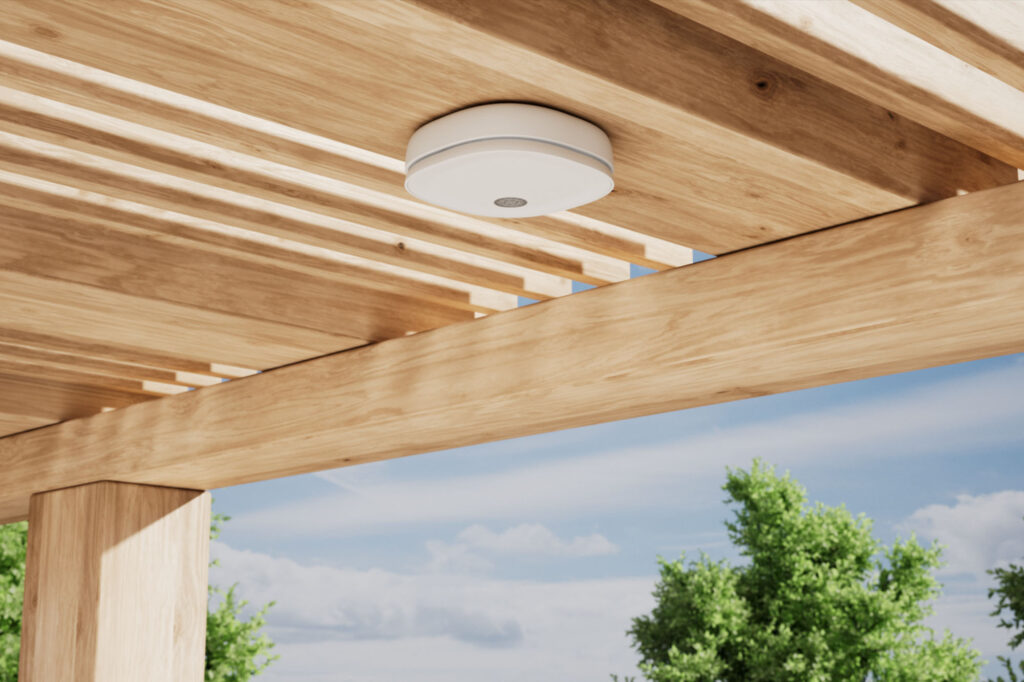
Managing Parking and Common Area Use
Parking violations are another frequent source of tension in HOA communities. Many associations have specific rules about where guests can and cannot park, and failing to adhere to these rules could result in fines or complaints from other residents. Similarly, guests may unknowingly misuse shared amenities like pools or gyms, causing friction with permanent residents.
Provide Detailed Parking Instructions: Include clear, concise parking guidelines in your welcome materials, complete with diagrams or maps if necessary. If parking permits are required, make sure these are easily accessible to guests upon arrival.
Limit Access to Shared Amenities: If your HOA has specific rules governing the use of amenities, make these rules clear to guests. Remind them that facilities may have restricted hours, or that access may be limited to certain areas for short-term renters.
Avoid Overcrowding Amenities: Make guests aware that overcrowding common areas—especially pools or gyms—could lead to restrictions being placed on your rental, or penalties imposed by the HOA.
Ensuring guests understand and respect the community’s parking and amenity rules can prevent many common issues in HOA-governed properties.
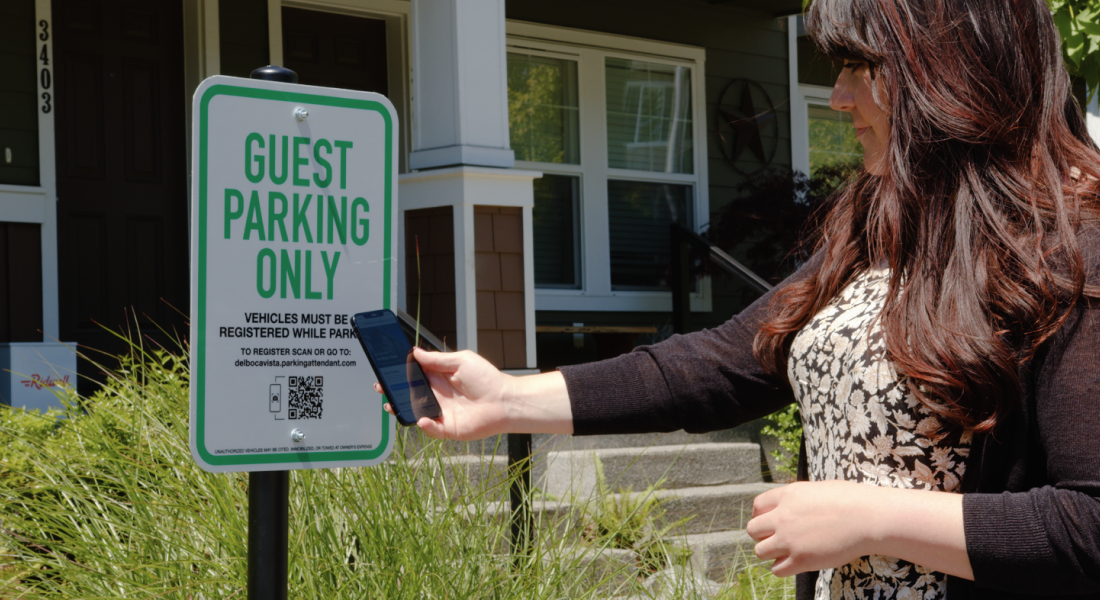
Handling Property Damage and Liability
Unfortunately, damage to property or HOA-maintained amenities can happen, and as the property owner, you may be held responsible. To protect yourself and mitigate potential financial losses, consider these steps:
Collect a Security Deposit: Always require a security deposit, particularly for short-term rentals. This ensures that any damage caused by guests can be repaired without coming out of your pocket.
Ensure Proper Insurance Coverage: Double-check that your insurance policy includes coverage for rental guests and any potential damage they may cause to the property or communal areas. Platforms like Airbnb also offer additional host protection programs, which can serve as extra insurance against costly repairs.
Promptly Address Issues: If damage occurs, address it immediately to prevent further problems. Inform the HOA of any damage to shared amenities and ensure you take full responsibility, showing the association that you’re a responsible property owner who takes guest issues seriously.
Taking these measures allows you to minimize the risk of financial loss while maintaining a good standing with your HOA.

Maintaining Communication with the HOA
A good relationship with your HOA can make a world of difference when it comes to resolving guest-related issues. Regular communication ensures that the HOA understands your commitment to compliance and can alert you to any concerns before they escalate.
Provide the HOA with Guest Schedules: Some HOAs may require notice when guests will be staying at your property, particularly during high-demand periods. Even if not required, providing this information can help the HOA address concerns proactively.
Respond Promptly to Complaints: If the HOA notifies you of any guest issues, address the problem immediately and inform them of the steps you’ve taken to resolve it. Proactively managing conflicts ensures that you remain in good standing with both the HOA and your neighbors.
Staying in regular contact with the HOA fosters a collaborative relationship, helping to prevent and resolve guest issues more effectively.
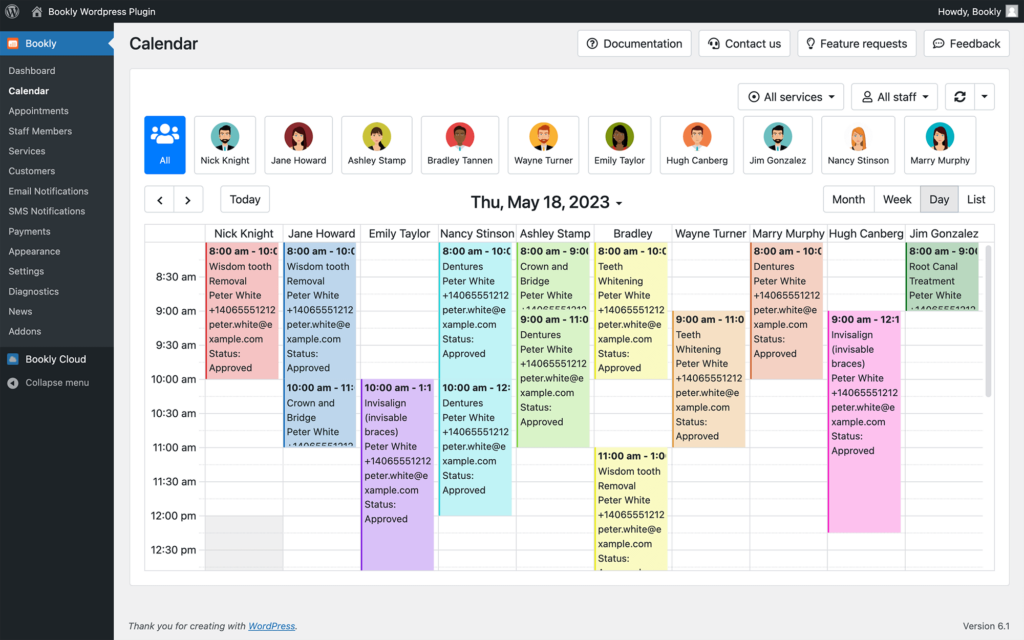
Managing guest issues in HOA communities can be challenging, but with the right strategies, you can maintain compliance while protecting your investment. By proactively communicating with guests, screening tenants, preventing common issues like noise and parking violations, and maintaining open communication with the HOA, you can minimize conflicts and ensure a smooth rental experience. At GQ Property Management, we specialize in helping property owners navigate the complexities of HOA rentals. Contact us today to learn how we can help you optimize your property while adhering to HOA guidelines.







